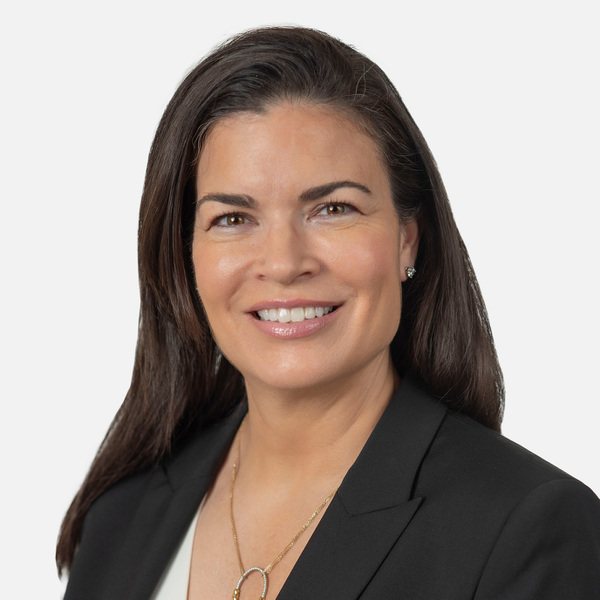We designed our ETF platform, ETFConnect, specifically for the unique needs of ETFs, in conjunction with our clients and the authorized participant community, to ensure maximum scalability and efficiency in your operations and full transparency into your data.
Your teams can make day-to-day, time-sensitive decisions using our digital client platform, Infuse®, which accesses data in ETF Connect to allow a detailed view into all aspects of your operating model.
A consultative approach to enabling your success
The ETF market moves fast. Whether you're a new market entrant or growing your existing portfolio, choosing the right partner is key to staying ahead.
As a leading ETF servicer, we tailor our solutions to meet your unique objectives. We provide comprehensive custody, fund services, and Authorized Participant (AP) solutions for both passive and active ETF strategies. Our proprietary technology platform gives you full visibility into your ETF operating model, providing the data you need when you need it, and helping you anticipate regulatory, investor, and fund board requirements.
With experience across the global ETF ecosystem, and a reputation for high-touch client service, our team will be a consultative partner to set you up for success.
More about our services
Our goal is to partner with our clients to educate, provide guidance, and co-develop ETF product solutions.
With our experienced team, we help you launch and navigate the ETF ecosystem and product landscape. We collaborate on distribution strategies by product structure and domicile, regulatory impact, market entry strategies, and structuring considerations. We ensure your operational infrastructure allows for both scale and customization to meet both your current and future needs.
Many of our clients have been innovators in the ETF industry and we support their product ranges as they continue to evolve.
We offer expertise across the full realm of physical (in specie) and synthetic ETF and exchange traded product (ETP) structures, and support active (including semi-transparent), passive and quantitative ETF strategies including:
- emerging/developed equity and fixed income
- inverse/leverage
- currency hedged products
- commodity ETF products
Our services include custody, depositary, accounting, PCF services, administration, and authorized participant servicing/order taking.
There’s always a difference between what a firm promises up front and what’s delivered down the road, and my experience with BBH has demonstrated exceptional delivery of what’s been promised. The ETF team at BBH has seamlessly merged with our internal teams. Their humility in the face of complex issues is admirable and their client-first culture is authentic. These are real differentiators that are hard to come by.
ETF 101 Video Playlist
Brown Brothers Harriman & Co. (“BBH”) may be used to reference the company as a whole and/or its various subsidiaries generally. This material and any products or services may be issued or provided inmultiple jurisdictions by duly authorized and regulated subsidiaries. This material is for general information and reference purposes only and does not constitute legal, tax or investment advice and is notintended as an offer to sell, or a solicitation to buy securities, services or investment products. Any reference to tax matters is not intended to be used, and may not be used, for purposes of avoidingpenalties under the U.S. Internal Revenue Code, or other applicable tax regimes, or for promotion, marketing or recommendation to third parties. All information has been obtained from sources believed tobe reliable, but accuracy is not guaranteed, and reliance should not be placed on the information presented. This material may not be reproduced, copied or transmitted, or any of the content disclosed tothird parties, without the permission of BBH. Pursuant to information regarding the provision of applicable services or products by BBH, please note the following: Brown Brothers Harriman Fund Administration Services (Ireland) Limited and Brown Brothers Harriman Trustee Services (Ireland) Limited are regulated by the Central Bank of Ireland, Brown Brothers Harriman Investor ServicesLimited is authorised and regulated by the Financial Conduct Authority, Brown Brothers Harriman (Luxembourg) S.C.A. is regulated by the Commission de Surveillance du Secteur Financier, and Brown Brothers Harriman (Hong Kong) Limited is regulated by the Securities & Futures Commission in Hong Kong. All trademarks and service marks included are the property of BBH or their respective owners. ©Brown Brothers Harriman & Co. 2024. All rights reserved.







